Stakeholders Urge Hybrid Payment Systems to Shield Africans From Future Shocks, as MIASA IFG 12 Forum Concludes
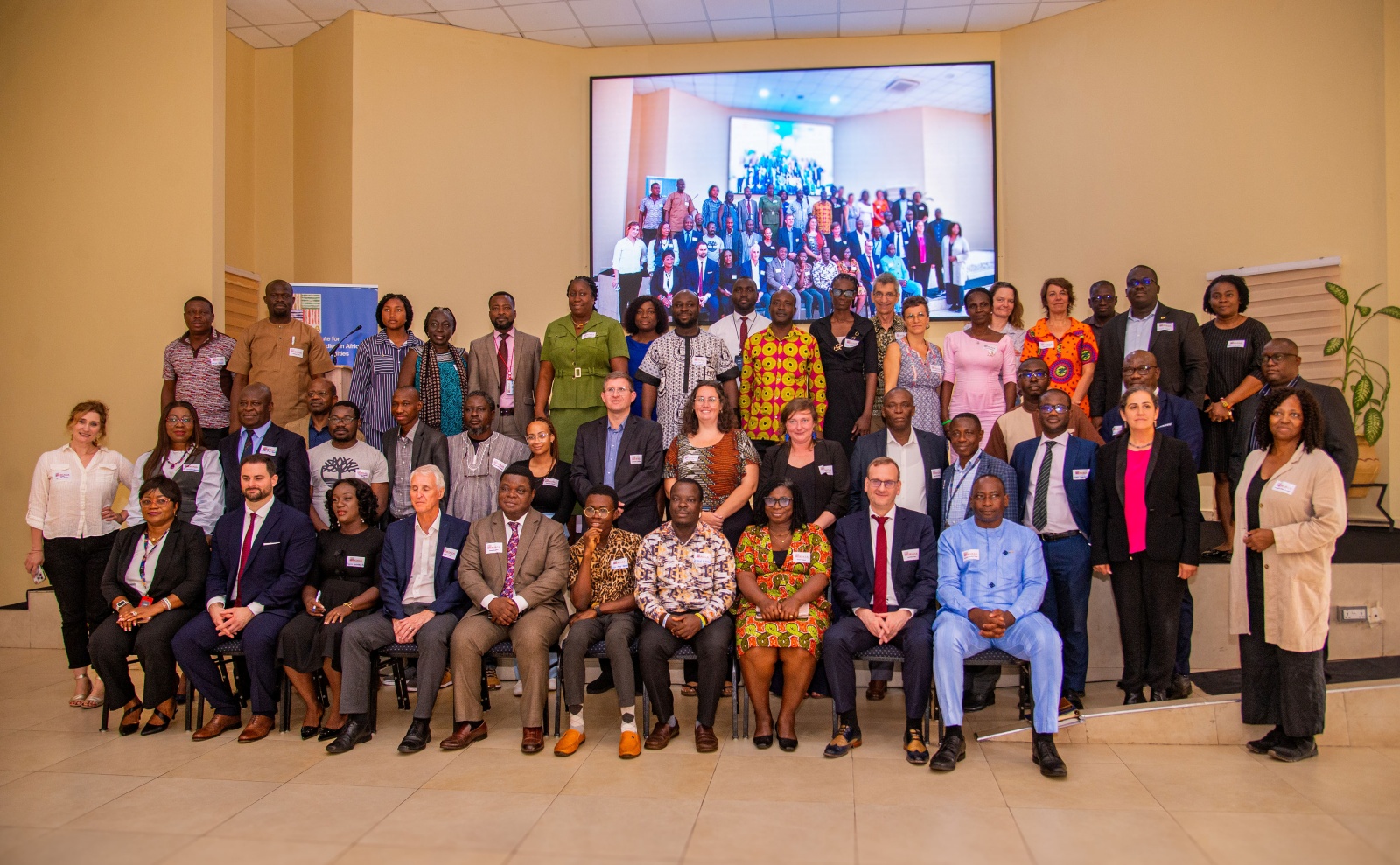
Stakeholders at a recently organised conference by the Merian Institute for Advanced Studies in Africa (MIASA) at the University of Ghana have called for the development of hybrid payment systems that integrate both digital platforms and cash-based options to ensure resilience, inclusivity, and financial stability across the continent, particularly during periods of crisis.
The two-day conference, held at the Institute of Statistical, Social and Economic Research (ISSER), was themed “Cash in Crisis in Africa: Navigating Financial Realities in Times of Disruption.”
It was organised by Interdisciplinary Fellow Group 12 (IFG 12) of MIASA and brought together academics, policymakers, and practitioners to explore how African societies are navigating evolving financial landscapes amid growing digitalisation and persistent reliance on cash.
Opening the conference, Professor Joseph Awetori Yaro, Provost of the College of Humanities, emphasised the timeliness of the conversations. “The questions raised here speak directly to the realities of millions of Africans,” Prof. Yaro said. “How value is created or lost during moments of crisis has a direct impact on the political, economic, and social processes that shape our lives.”
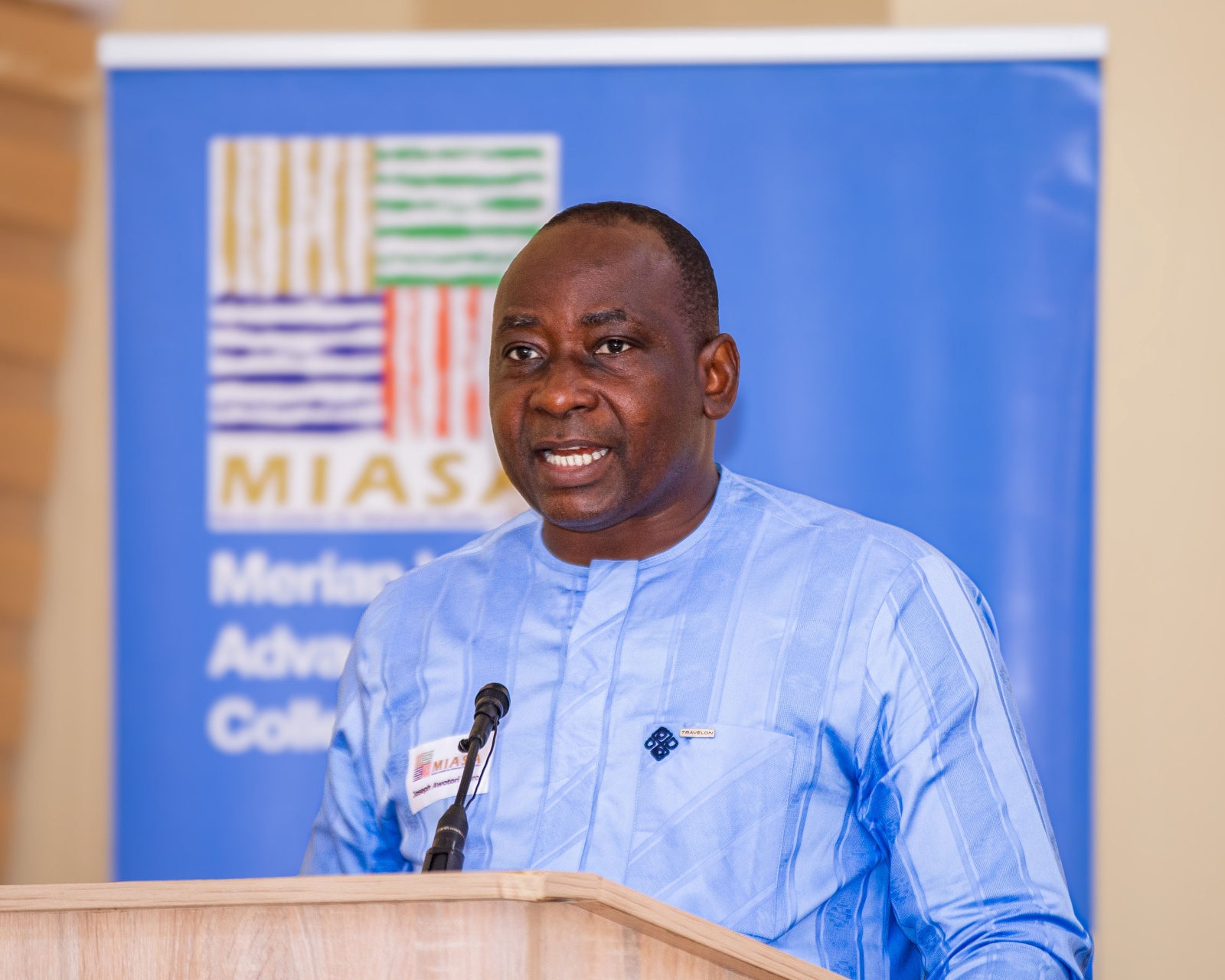
Delivering the keynote address, Mr. Fabio Knümann of the Deutsche Bundesbank (Germany) noted that despite the global rise of digital payments, cash continues to play a central role in many African economies. He cautioned against a one-size-fits-all approach to payment reform. “Cash becomes a fallback in times of crisis, it works unconditionally, without passwords, apps or electricity,” he said.
Drawing from a recent Bundesbank study, Mr. Knümann outlined three potential futures for cash globally: a hyper-digital scenario, a cash renaissance, and a gradual marginalisation. “These are not predictions,” he clarified. “They are scenarios meant to guide the decisions we must make today. Supporting cash does not mean resisting innovation, it means protecting choice.”
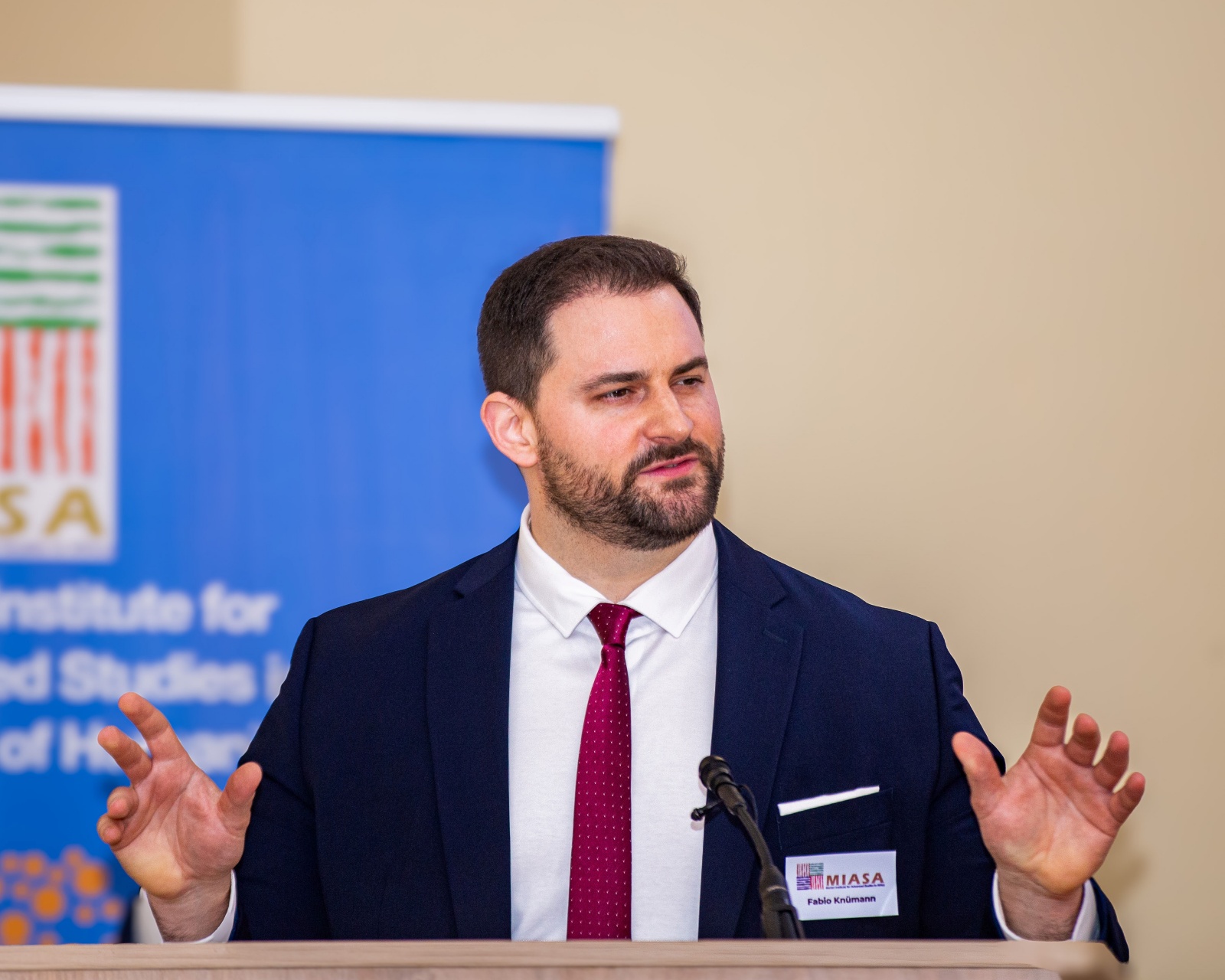
He praised the efforts of African institutions such as the Bank of Ghana and South Africa’s Reserve Bank, which have implemented strategic policies to maintain access to cash, particularly in remote and underserved areas. “Cash and digital systems must not be seen as competitors, but as complementary tools for financial inclusion,” he added.
In concluding his remarks, Mr. Knümann issued a call to action, noting that, “You may not design payment systems, but if you value cash, the most effective way to protect it is to use it,” he said. “We may not all be in the same boat, but we are on the same ocean. And with shared knowledge and cooperation, we can navigate it together.”
Professor Grace Diabah, MIASA’s Co-Director (Ghana) and Associate Professor of Linguistics at the University of Ghana, reflected on the cultural and institutional impact of recent financial turbulence.
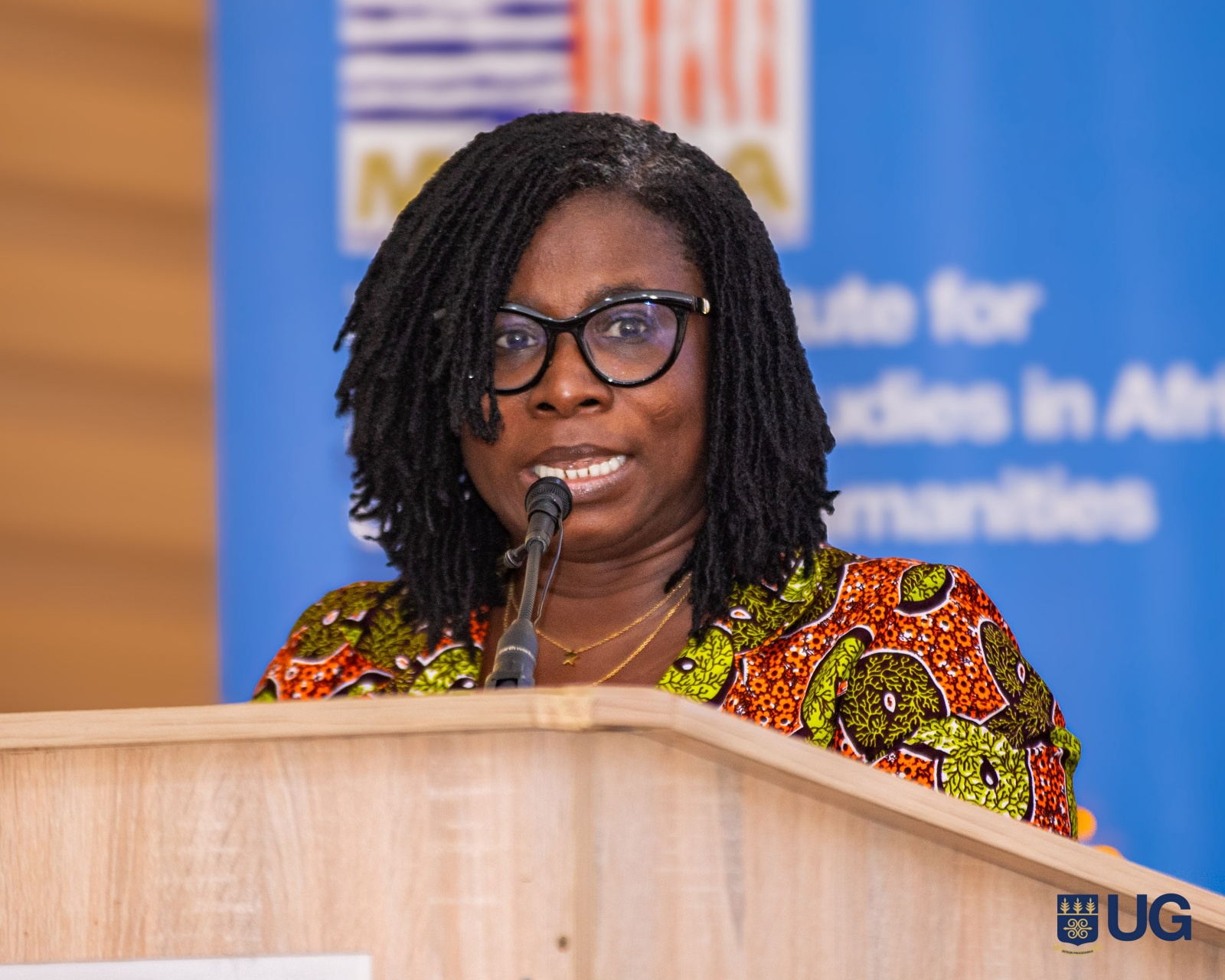
“The COVID-19 pandemic, coupled with funding cuts, has exposed our economic and social vulnerabilities,” she said. “As an institute, MIASA champions cross-boundary dialogue, and this conference is a clear example of how academia, policy, and civil society can come together to shape solutions.”
Also speaking at the event, Professor Mamadou Diawara, MIASA Co-Director (Germany), underscored the importance of MIASA’s platform in influencing continental and global policy.
“This forum shows the relevance of MIASA's voice in shaping critical debates about Africa’s future,” he noted. “We must centre African realities in global financial conversations.”
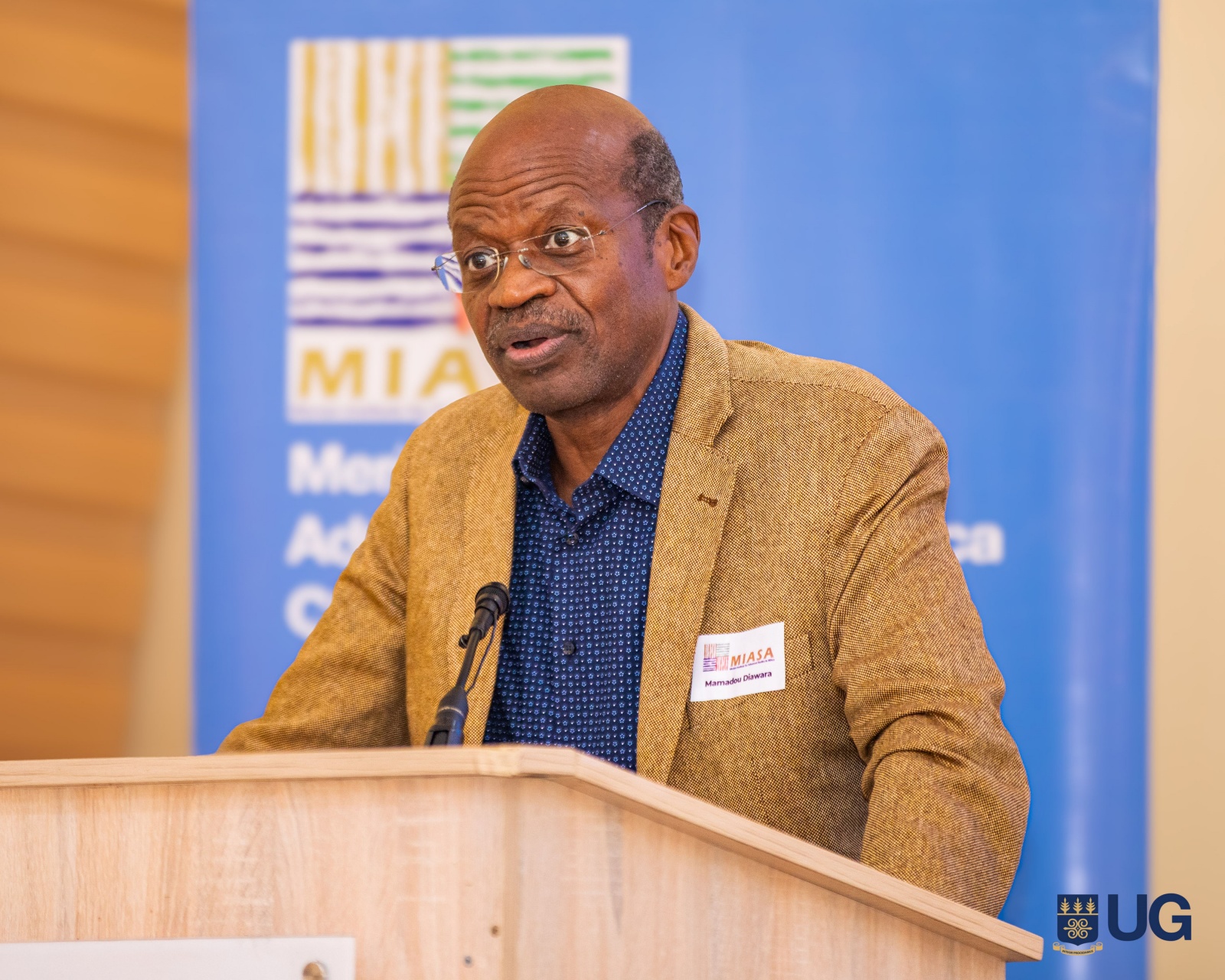
Prof. Peter Quartey, Director of ISSER, also delivered remarks in which he underscored the economic implications of disrupted financial flows during periods of crisis. He noted that limited access to reliable payment systems disproportionately affects informal sector workers, rural communities, and low-income households.
“The inability to transact, whether through digital platforms or cash, can deepen poverty, disrupt livelihoods, and slow recovery in the aftermath of economic or health shocks,” Prof. Quartey stated.
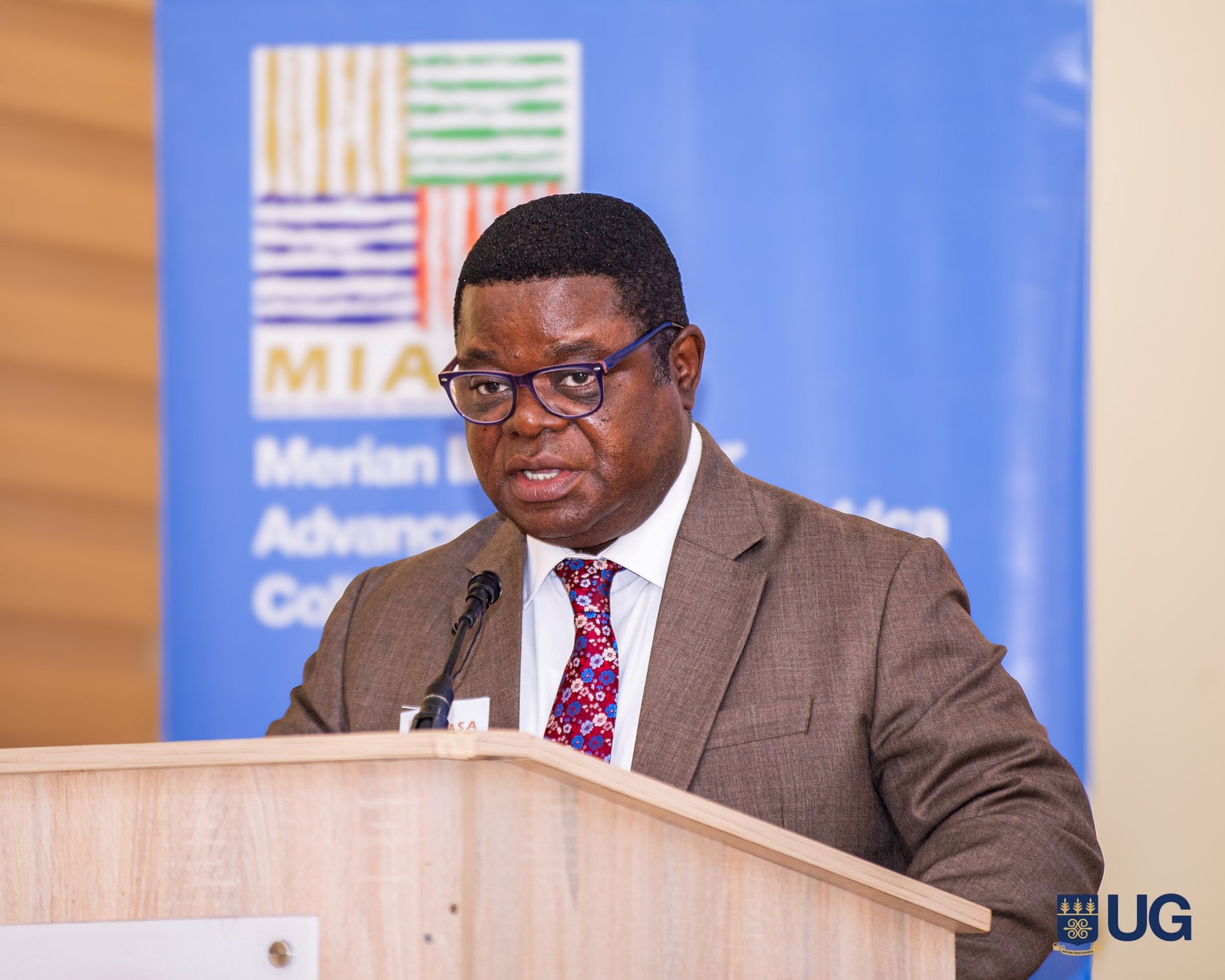
He further mentioned the need for African governments and financial institutions to develop resilient, inclusive, and flexible payment systems that serve all segments of society, particularly during times of uncertainty. He lauded the conference for providing a timely platform to influence policy directions with evidence-based research.
The conference was organised by MIASA Interdisciplinary Fellow Group 12 (IFG 12), comprising Agnes Piekacz – Junior IFG Fellow; Dr. Mariusz Łukasiewicz – Senior IFG Fellow; Dr. Oludayo Tade – Senior IFG Fellow; Dr. Isaac Osei-Akoto – Senior IFG Fellow and Co-convenor; and Prof. Vivian Afi Dzokoto – Senior IFG Fellow and Co-convenor.
The forum provided a platform for participants to share research, compare case studies, and advocate for policies that are data-informed and community-sensitive. Topics ranged from mobile money resilience during network outages to informal saving systems in West Africa, highlighting the diverse financial practices that sustain livelihoods.
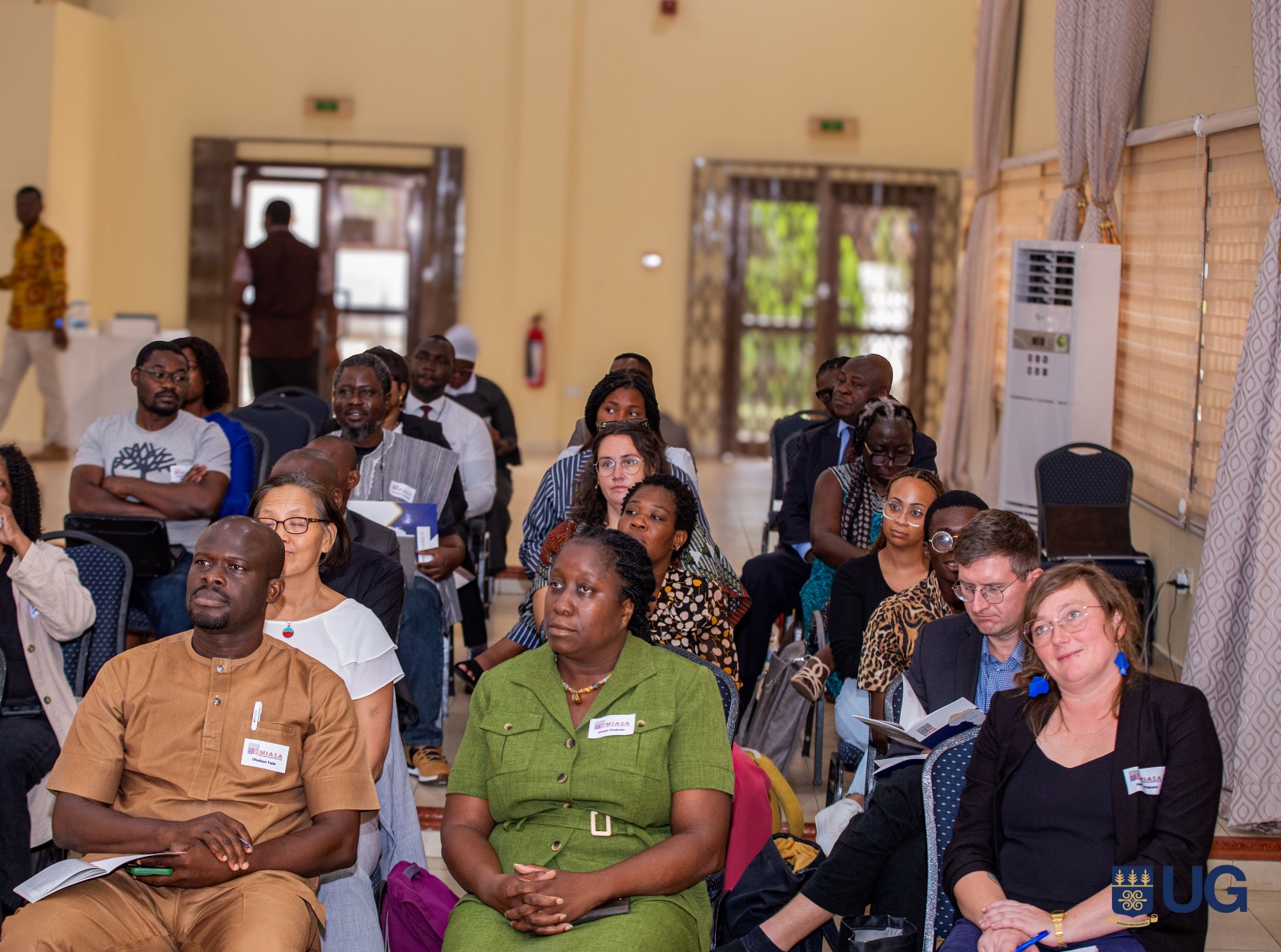
Participants agreed that while digital finance holds promise, cash remains essential, particularly for rural populations, the elderly, and those excluded from formal financial systems. A key outcome of the conference is a planned policy brief summarising key recommendations for central banks and financial regulators across Africa.